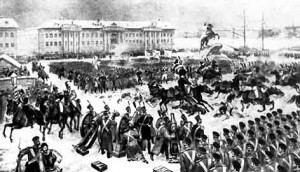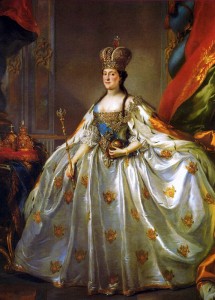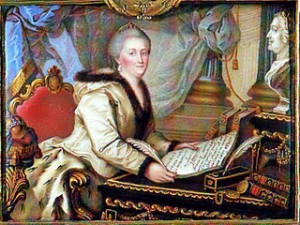In Gogol’s Overcoat, the reader is overcome with a great sense of pity for Akaky. He’s a sad man – not just because of his relative linguistic incompetency or his inability to perform tasks that extend beyond a simple copy job but because all of his peers see him as utterly beneath them. He is unfit of any type of respect. They can torment him without any sort of recognition for the important tasks he can complete without fail. Much of this ridicule comes from his “night gown.”
Here the “night gown” is a reflection of the role of social status in the Russian Society. His coat reflects his rank and stance in society. He lives in the dank part of St. Petersburg and occupies a lower rank than his peers who sport lavish coats with beaver fur collars. Gogol shows that performance and capability matters little. Prestige is really just superficial. Akaky’s stance and acceptance by his peers fluctuates with his appearance. When he finally obtains his new coat his coworkers notice him but this is only temporary.
Gogol is absolutely critiquing the manner in which power and respect is garnered in Russian Society. I guess one of my questions pertains to the significance of Akaky’s ghost and how he haunts the city. Is this a foreshadowing of how the lower gentry or bureaucracy will eventually rise up and take “revenge” on the self absorbed and entitled upper class? If yes, how would such literature be perceived by those Russians who could read and appreciate Gogol’s work?





